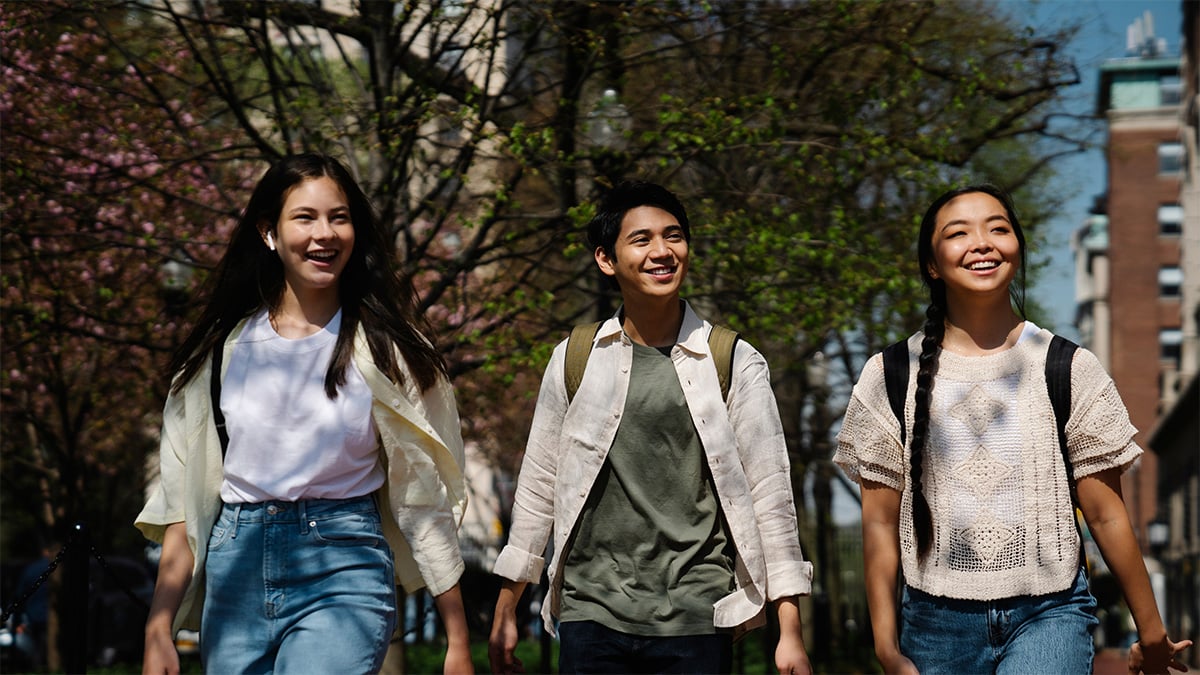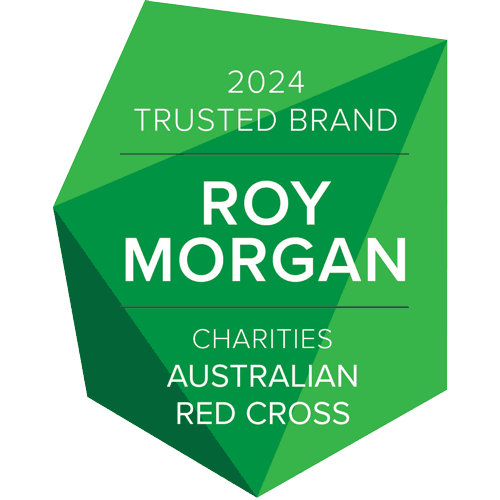Take Action
Climate Training Kit
Welcome to the Climate Training Kit, an interactive set of materials prepared by the International Federation of Red Cross and Red Crescent Societies (IFRC) and the Climate Centre.

Climate change is one of the biggest global issues of the 21st century and severely affects the lives of millions of people. State and non-state actors now need to commit to urgent action and raise their ambition to address climate change.
This kit is designed to provide innovative tools to trainers and facilitators within the Red Cross Red Crescent Movement and its partners. It aims to strengthen capacities across the world, without having to fly experts around the globe. We seek to reduce our flights and travel (CO2 emissions), by offering these training materials online, with extensive explanation for facilitators on how to use each of the resources.
Information on important areas of humanitarian work, including technical aspects of climate risk management, climate-related policy dialogues, climate finance and much more are available in this kit.
Reconciliation and First Nations Peoples
At Australian Red Cross we are on our own journey to learn more, to stand up to racism and cultural ignorance and work harder to build a more equitable country. And while we’ve been supporting First Nations peoples for decades, we know we could have done better and done more to address systemic discrimination and disadvantage.

We hope our list of suggestions for what to read, watch and listen to, might help you in your own journey to know more about Aboriginal and Torres Strait Islander history, culture and peoples.
Together we can listen, learn and heal the hurt, build trust and empower First Nations’ peoples.
* This web page may contain the names and/or images of Aboriginal and Torres Strait Islander peoples who are now deceased.
A Nuclear-free World
On 22 January, the United Nations Treaty on the Prohibition of Nuclear Weapons came into force, marking a historic turning point in global efforts to end the nuclear weapons era once and for all. This global agreement prohibits nuclear weapons and makes illegal their use, development, production, testing, and stockpiling in the 51 countries that have so far ratified the treaty.
It brings us a step closer to a world without nukes, but we need your help to keep the momentum going because the only way to truly end the catastrophic threat these weapons pose to humanity and the planet is to eliminate them in every country.
Here are 15 ways you can help us raise awareness, inspire community change and show your support for a world without nukes.
https://www.redcross.org.au/news-and-media/news/15-ways-to-help-end-nuclear-weapons-era
Mental Health
Mental Health is a huge concern for young Australian’s, especially after the effects of the COVID-19 pandemic. At Australian Red Cross we know how important looking after your mental health is to resilience and recovery, that’s why we’ve created the below resources to support you or someone you know to take steps towards looking after your mental health.

Psychological First Aid Guide
Supporting Migrants & Refugees
People who are refugees come from all walks of life. Each person’s journey to find a home where they can live safely, make connections, and achieve their goals is individual to them.

Red Cross volunteer helping a refugee in our community garden. Each person has their own hopes, interests, and talents – it’s these unique differences that make our communities rich and vibrant, and that we celebrate!
To make our communities stronger and more connected, we’ve compiled a few simple tips that will make an enormous difference, whether that’s having a conversation, making a donation or doing something kind in your community.
50 ways to do more good
